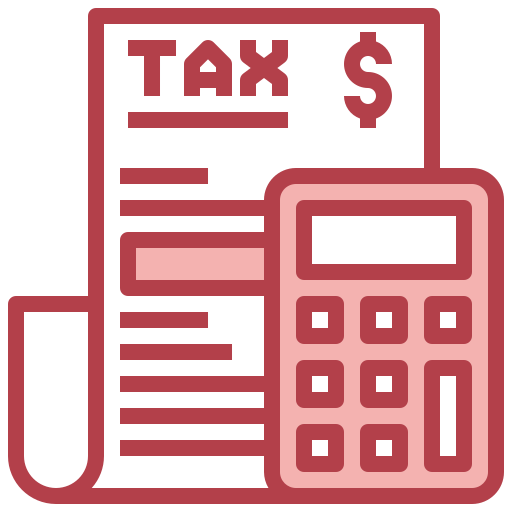A property agent was convicted today (March 15) at the District Court of evading tax. Sentencing was adjourned to April 19 pending the defendant’s submission of plea in mitigation.
The defendant, aged 65, was a licensed property agent and operated a property agency company. She pleaded guilty to 11 charges of evading tax wilfully with intent and one charge of making an incorrect return without reasonable excuse. The tax evasion charges comprised seven counts of omitting the rental income from her tax returns for the years of assessment 2008/09 to 2014/15; two counts of giving false answers in writing to the request by the Inland Revenue Department (IRD) for rental information for the years of assessment 2009/10 and 2011/12; two counts of making false statements in connection with a claim for deduction of home loan interest for the year of assessment 2014/15, contrary to section 82(1)(a), 82(1)(e) and 82(1)(c) of the Inland Revenue Ordinance (IRO) (Cap. 112). For the charge of making incorrect return, the defendant understated her rental income for the year of assessment 2015/16, contrary to section 80(2)(a) of the IRO.
The court heard that the defendant owned 12 properties, 10 of which were for letting purposes, during the relevant period. The defendant did not report any rental income in her tax returns for the years of assessment 2008/09 to 2014/15, and reported the rental income of only one of her letting properties in her tax return for the year of assessment 2015/16. The IRD issued written enquiries to the defendant in respect of the non-reporting of rental income in her tax returns for the years of assessment 2009/10 and 2011/12. The defendant stated in her written replies that she did not have any letted property in the two years of assessment concerned. In addition, the defendant claimed deduction of home loan interest in respect of her letting property in the tax return for the year of assessment 2014/15 and an application form, and stated therein that she occupied that property as her residence for the whole year.
An investigation by the IRD revealed that tenants were solicited by the defendant or property agents appointed by her for her 10 letting properties (four of which were partitioned into subdivided units). The rents were deposited into the bank accounts of the defendant, her family members or her company. Furthermore, the defendant falsely declared twice that she resided at her letting property for the whole year during the year of assessment 2014/15 and claimed deduction of home loan interest on it. The total rental income omitted and understated for the years of assessment 2008/09 to 2015/16 was $4,605,711, and the tax undercharged amounted to $534,840. The amount of home loan interest falsely claimed by the defendant for the year of assessment 2014/15 was $10,534 with evaded tax of $1,790.
A spokesman for the IRD reminded taxpayers that tax evasion is a criminal offence under the IRO. Upon conviction, the maximum penalty for each charge is three years’ imprisonment and a fine of $50,000 plus a further fine of three times the amount of tax evaded. Furthermore, a person who, without reasonable excuse, makes an incorrect return shall be guilty of an offence and is liable to a maximum fine of $10,000 and a further fine of three times the amount of tax undercharged for each charge.
Ends/Friday, March 15, 2024
Issued at HKT 16:25
(Source : Information Services Department)
